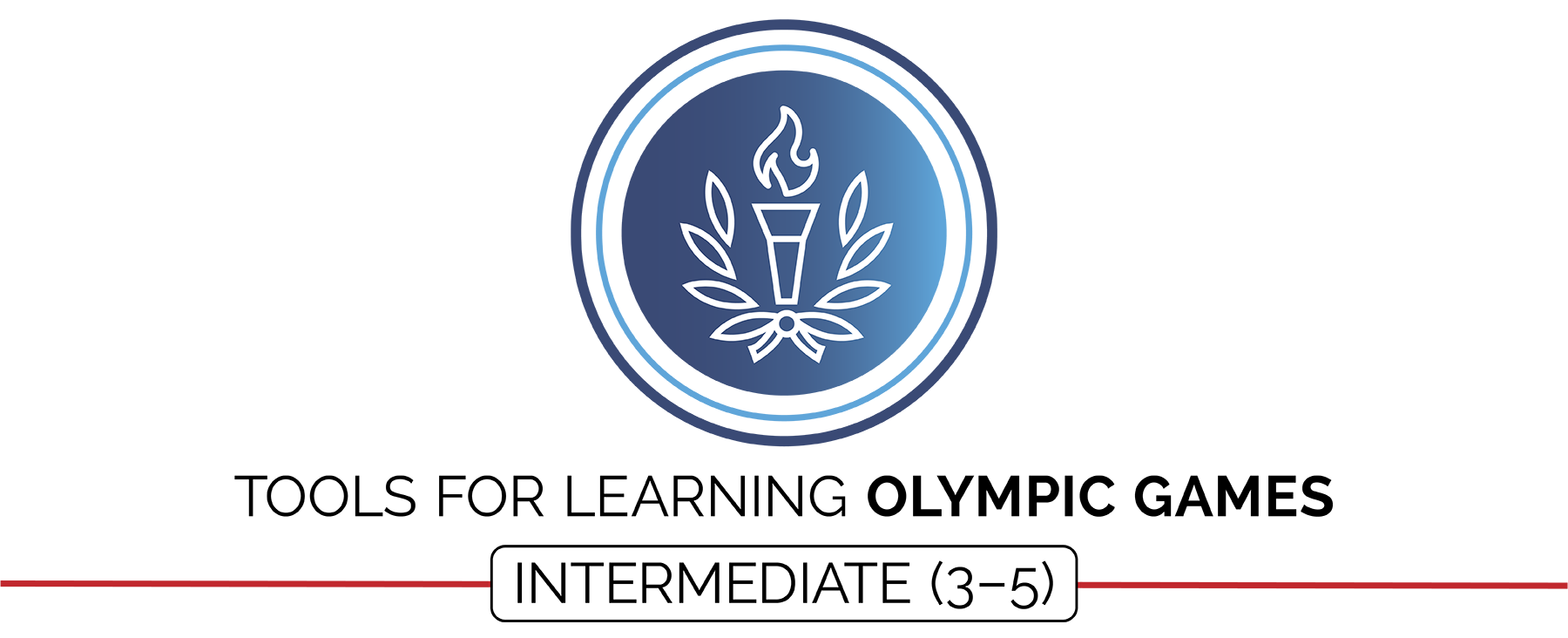Created by: Ross Chakrian, Jim DeLine, Nick Kline, Ben Pirillo, Kevin Tiller, Rich Wiles
Special Contributions: Aaron Hart, Deedi Brown, Jennifer Truong
This set of learning activities was created to generate interest and enthusiasm for the 2018 Winter Olympic Games. Each activity can be blended into your current block plan, or the module can be done as a whole. The authors placed focused effort on creating a large set of academic language cards for teachers to utilize throughout the Olympic Games.
Module Documents
Complete Module Packet:
Module Overview:
Required Materials:
All Module Activities:
Sample Lesson Plan:
Universal Design Adaptations:
Academic Language Cards:
Olympic Fun Fact Question Cards:
Olympic Fun Fact Question Key:
Locomotor Movement Cards:
Train Like Olympian Routine Cards
Biathlon
Bobsled
Downhill Ski
Ice Dance
Ice Hockey
Speed Skating
Activity Plans
Train Like an Olympian:
Cooperative Bobsled:
Olympic Village Clean-Up:
Olympic Ring Fun Fact Tag:
Olympic Ski Jumping Combine:
Olympic Curling:
Locomotor Biathlon:
Assessments
Self-Assessment Worksheet:
Holistic Performance Rubric:
Holistic Dual Performance Rubric:
Academic Language Quiz:
Teacher Evaluation
Teacher Self-Evaluation/Reflection Guide:
Planning Tools
Blank Activity Plan Template:
Blank Lesson Plan Template:
Can’t see the file links? Register for FREE today to access all of the modules. SIGN UP HERE
National Standards and Outcomes Focus
Standard 3.Demonstrates the knowledge and skills to achieve and maintain a health-enhancing level of physical activity and fitness.
- Standard 3 [E4.3,5] Recognizes the importance of warm-up and cool-down relative to vigorous physical activity (3); Identifies the need for warm-up and cool-down relative to various physical activities (5).
Standard 4. Exhibits responsible personal and social behavior that respects self and others.
- Standard 4 [E1.3-5] Exhibits personal responsibility in teacher-directed activities (3); Exhibits responsible behavior in independent group situations (4); Engages in physical activity with responsible interpersonal behavior (e.g., peer to peer, student to teacher, student to referee) (5).
Standard 5. Recognizes the value of physical activity for health, enjoyment, challenge, self-expression, and/or social interaction.
- Standard 5 [E4.3-5] Describes the positive social interactions that come when engaged with others in physical activity (3); Describes/compares the positive social interactions when engaged in partner, small-group, and large-group physical activities (4); Describes the social benefits gained from participating in physical activity (e.g., recess, youth sport) (5).

